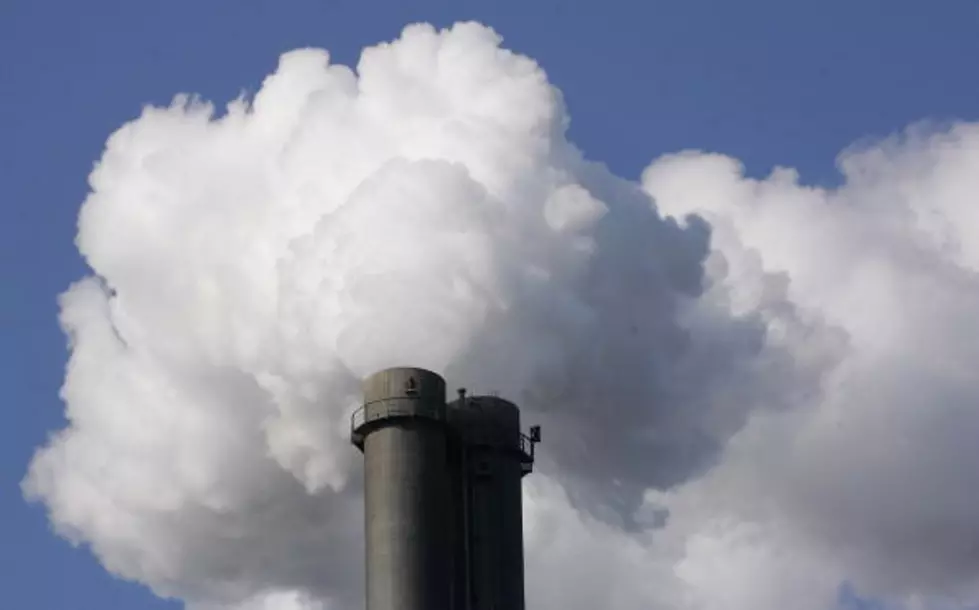
SCOTUS Reviews EPA’s Power To Regulate Emissions
Like many other government agencies, the EPA has been accused, many times, of overstepping its authority.
This was the case when the EPA declared CO2 pollutants and began to regulate them.
The Supreme Court said on Friday that it will review what tools the Environmental Protection Agency can use to regulate CO2 emissions from power plants.
This all goes back to a case in which a court nixed the Trump administration’s rollbacks of Obama-era power plant rules.
The court agreed to look at that case and consider questions about whether to limit the scope of the EPA’s authority to declare something as bad then write what is essentially law to regulate it.

In this case, the court will not be considering the question of “if” the EPA can regulate emissions. If there were not able to then there would be no need for an EPA.
Also, congress directed the EPA to regulate pollutants. The question is, was the EPA allowed to just call something that is clearly not a pollutant - pollution - then regulate it? Is that overstepping their bounds?
This looks very much like the case of the FCC declaring the internet to be a utility and then writing rules and regulations (laws) without the involvement of Congress. President Trump put an end to that when he took office. "Net Neutrality" as it was called at the time, was then taken as a bill to congress. It never made it through.
The question before the court this time is about the tools that the EPA employs to enforce its mandates.
For example, can they issue blanket restrictions and penalties that impact the entire industry, including companies that have not been cited as being in violation of existing standards? And can they force economic contracts such as cap and trade across multiple industries? (Hot Air Blog).
Breathtaking Fall Photos From Across Wyoming
The Hidden Treasures Of Wyoming's Natural Bridge
More From Wake Up Wyoming









